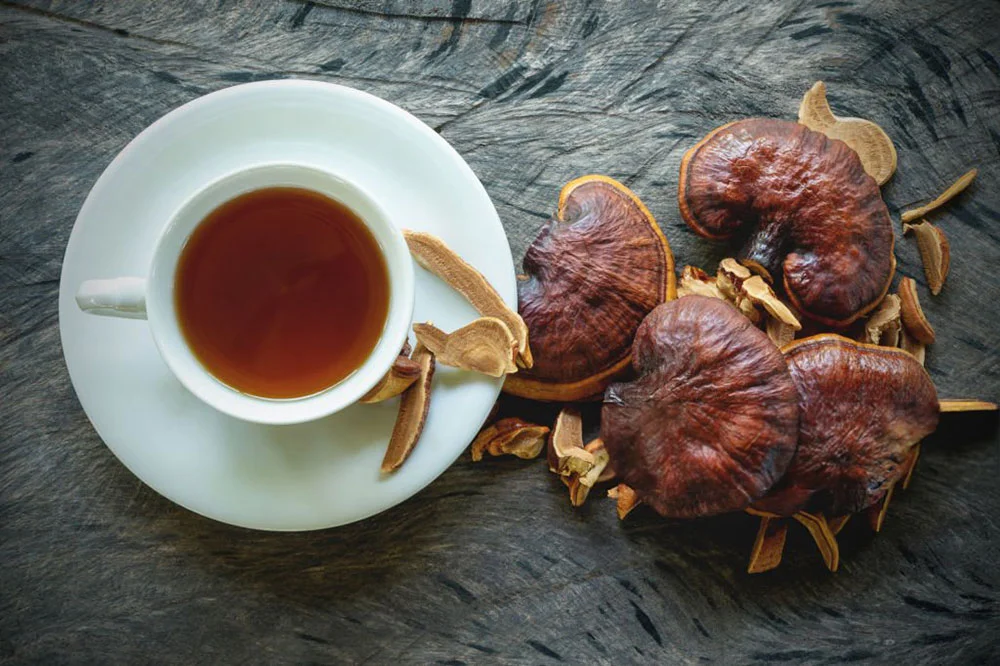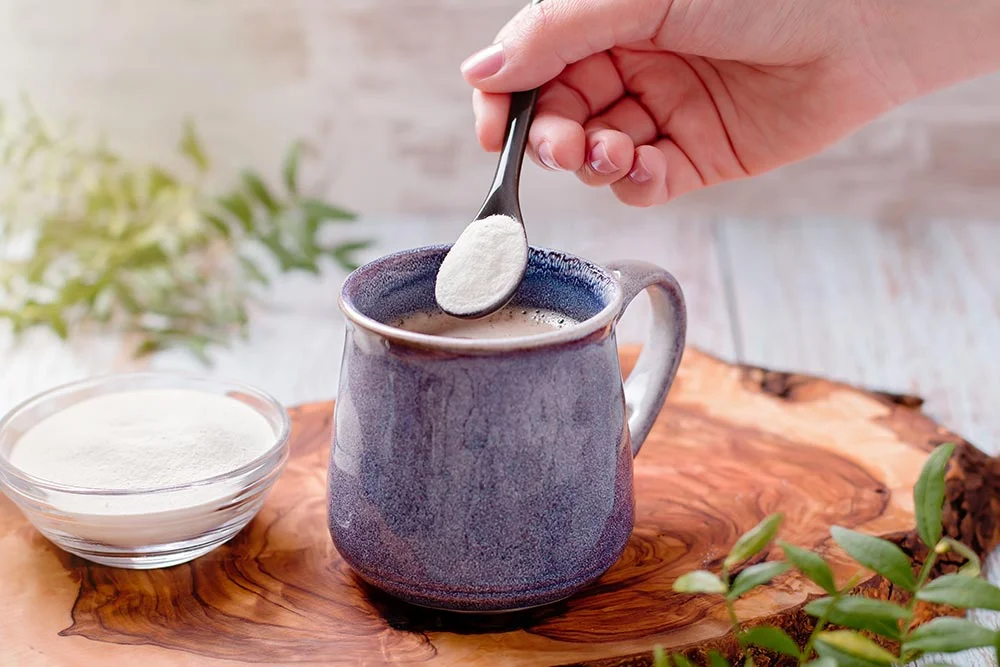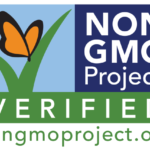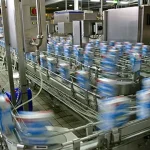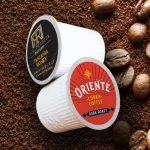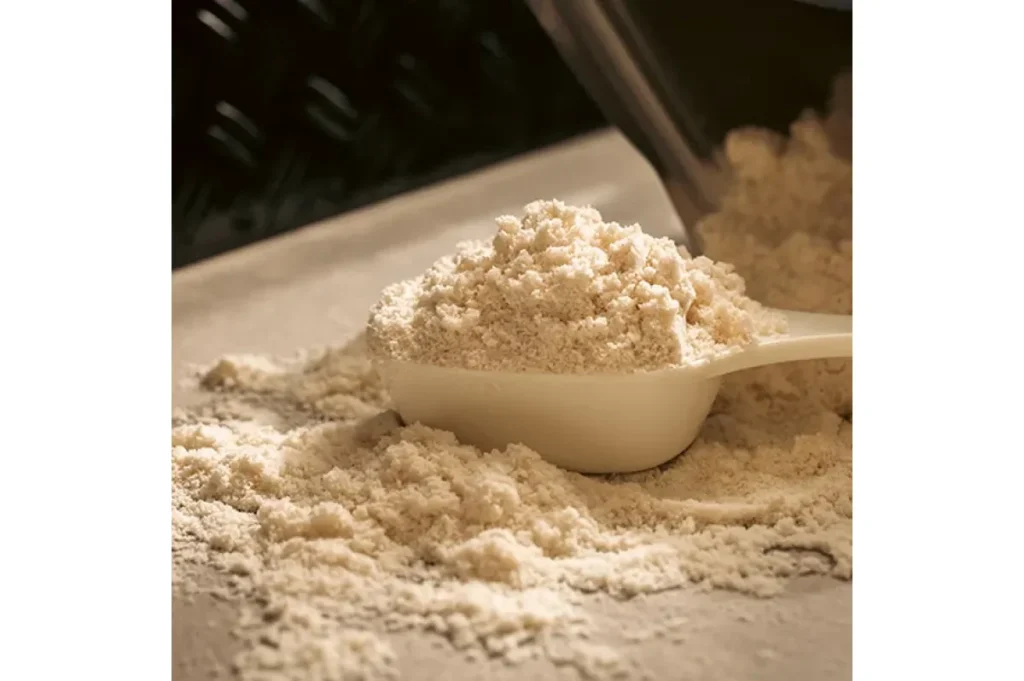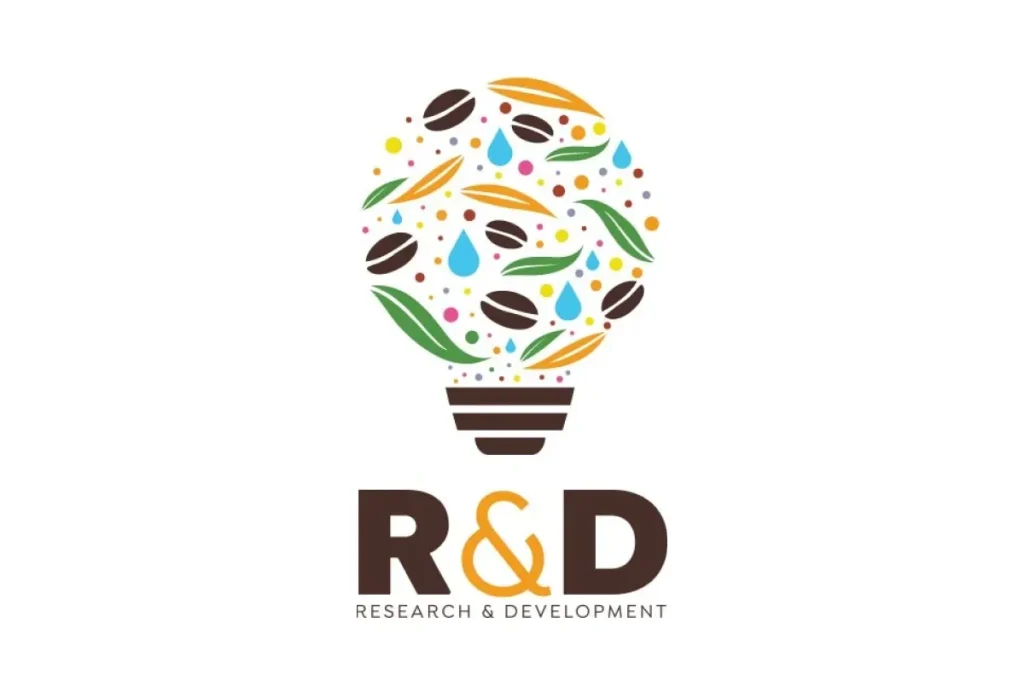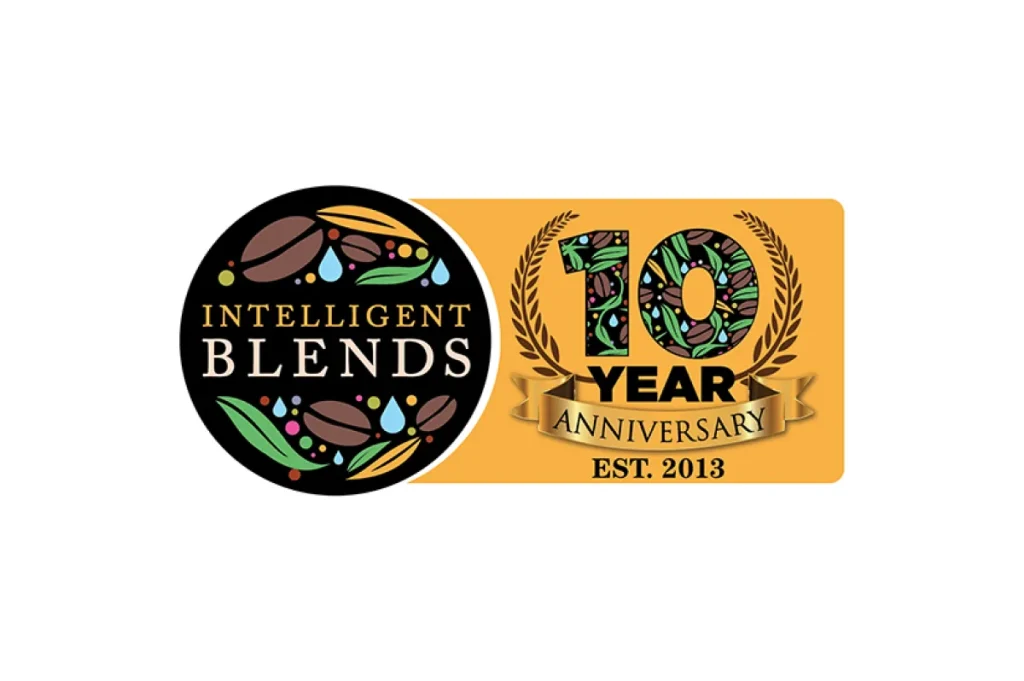2025 Beverage Trends- The Year of Functional Recovery

As we move into 2025, the consumer-packaged goods (CPG) industry is undergoing significant transformation. Driven by shifting consumer preferences, health-conscious behavior, and advances in product innovation, companies are rapidly evolving to meet emerging demands. Recovery—both physical and mental—has become a central theme in the post-pandemic era, and brands are focusing on products that enhance well-being holistically, while emphasizing healthy ingredients and delivering convenience. Below we explore the key trends and product attributes driving the CPG industry in 2025, emphasizing three critical areas: physical health (hydration, adaptogens, protein, and gut health), mental health (nootropics), and sleep (l-theanine and magnesium).
- Physical Health: Hydration, Adaptogens, Protein, and Gut Health
Physical wellness remains a priority for consumers, particularly as more people adopt active lifestyles. In 2025, four key product attributes—hydration, adaptogens, protein, and gut health—are leading the charge in the physical health segment.
Hydration: The Foundation of Physical Wellness
Proper hydration is essential for regulating body temperature, supporting joint health, and enhancing nutrient absorption—critical factors for those leading active lifestyles. Furthermore, hydration directly impacts gut function, aiding in digestion and nutrient breakdown, which complements the benefits of prebiotics and probiotics.
In response to rising consumer demand for convenience and customization, stick packs and powdered hydration beverages have emerged as critical formats in the hydration space. These portable, single-serve solutions make it easy for consumers to stay hydrated on-the-go, whether they’re at the gym, traveling, or at work. Many of these powdered products are fortified with electrolytes, vitamins, and minerals to promote optimal hydration and recovery, offering a functional edge over plain water. Additionally, many formulations now incorporate adaptogens or gut-friendly ingredients, bridging multiple health trends in one product. By offering convenience without sacrificing functionality, stick packs and powdered beverages are becoming a staple in the wellness routines of active consumers.
Adaptogens: Stress Relief and Balance
Adaptogens, natural substances known to help the body resist stressors, have surged in popularity. Consumers are increasingly seeking functional beverages, snacks, and supplements infused with adaptogens like ashwagandha and rhodiola. The appeal lies in their potential to reduce fatigue, boost energy, and improve focus without the jittery effects associated with caffeine.
Key CPG Innovations in Adaptogens:
- Beverages: Functional drinks containing adaptogens offer an alternative to traditional caffeinated beverages.
- Supplements: Adaptogen-based capsules and powders are tailored for specific outcomes, such as increased energy or relaxation.
Protein: The Building Block for Muscle-Recovery
Protein remains a cornerstone of the health and wellness category, particularly for consumers focused on fitness and recovery. Plant-based protein continues to gain traction alongside traditional whey and animal-derived proteins.
Key CPG Innovations in Protein:
- Plant-Based Protein Products: From pea protein to chickpea, plant-based options cater to various dietary needs and are exploding in popularity.
- Protein-Enhanced Foods: Products like protein-enriched cereals, chips, and pasta help consumers meet their daily intake goals.
- Personalized Protein Solutions: Companies are leveraging data to offer personalized protein blends based on individual health profiles.
Gut Health: The Gateway to Overall Wellness
A healthy gut is increasingly recognized as fundamental to well-being. Consumers are turning to products that support gut health through probiotics, prebiotics, and postbiotics.
Key CPG Innovations in Gut Health:
- Probiotic Beverages: Kombucha and kefir have been joined by probiotic-infused waters, juices, and teas.
- Functional Snacks: Prebiotic-rich snacks made with ingredients like chicory root are becoming more prevalent.
- Synbiotic Products: These combine probiotics and prebiotics to deliver comprehensive gut support.
- Mental Health: The Rise of Nootropics
Mental well-being is no longer an afterthought; it’s a priority. The pandemic underscored the importance of mental health, driving demand for products that enhance cognitive function and improve mood. Nootropics—compounds known to boost brain performance—are leading this charge.
Nootropics: Brain Boosters for Cognitive Performance
Nootropics include both natural and synthetic substances that may improve cognitive function. Popular nootropics like L-theanine, ginseng, and lion’s mane are being incorporated into everyday products.
Key CPG Innovations in Nootropics:
- Functional Beverages: Nootropic-infused drinks designed to improve focus and mental clarity.
- Cognitive Health Supplements: Capsules and powders targeting memory enhancement and stress reduction.
- Edibles: Nootropic gummies and chocolates provide a tasty and convenient way to consume these brain-boosting compounds.
Brands are positioning their products not just as physical enhancers but as tools for achieving a balanced mind and body.
- Sleep: The Foundation of Recovery
Sleep is essential for recovery, yet many consumers struggle to achieve restful sleep. As a result, the sleep health category within the CPG industry is booming.
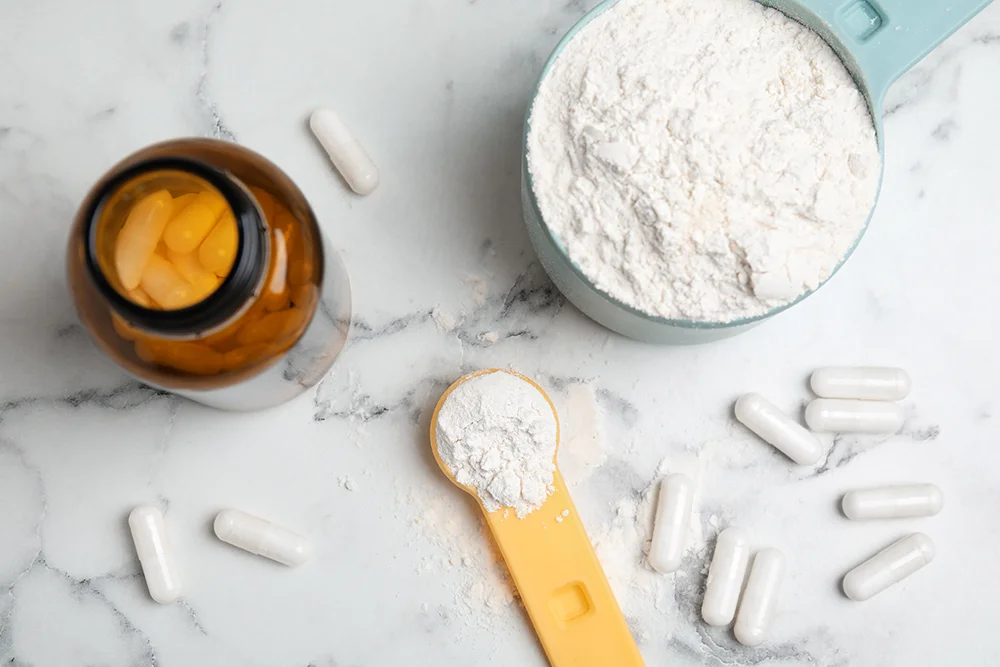
Natural sleep aids are becoming a preferred choice for consumers seeking better rest. These products often incorporate ingredients known for their calming and sleep-inducing properties.
Key Sleep-Aiding Ingredients:
- Magnesium: Known for its calming effects, magnesium supplements can help reduce anxiety and promote muscle relaxation.
- L-Theanine: Found in tea, L-theanine promotes relaxation, making it ideal for unwinding before bed.
- GABA (Gamma-Aminobutyric Acid): GABA is a neurotransmitter that inhibits excessive brain activity, helping the mind and body relax.
Key CPG Innovations in Sleep:
- Sleep-Inducing Beverages: Herbal teas and sleep drinks containing ingredients like ashwagandha, L-theanine and magnesium.
- Sleep Supplements: Capsules, gummies, and powders tailored to improve sleep quality are growing in demand. Beverage brands are leading the innovation with sleep-formulated inspired teas and cocoas.
Coffee: The Health Benefits of a Beloved Beverage
Coffee remains the most consumed beverage worldwide (2.25 billion cups daily), and its health benefits are increasingly being recognized as healthy, most recently by the FDA. Rich in antioxidants, coffee can reduce inflammation and support overall health. Studies have linked moderate coffee consumption to improved brain function, reduced risk of certain diseases, and enhanced physical performance.
In addition to providing an energy boost, coffee’s ritualistic nature makes it the perfect vehicle to deliver daily supplements to customers, rather than having to remember to take capsules of the same supplements. As more consumers seek functional beverages, brands are developing coffee products with added nootropics, adaptogens, and even probiotics to enhance the coffee’s natural health benefits.
About Intelligent Blends:
Located in San Diego, Intelligent Blends stands at the forefront of sustainable manufacturing, producing an array of products including coffee bags, K-cups, stick packs, and pouches. Our specialization lies in coffee, tea, elixirs, collagens, bone broths, proteins and particularly in the seamless integration of functional ingredients within these offerings.
Conclusion: A New Era for CPG in 2025
The CPG industry is poised for a dynamic year ahead, with recovery—both physical and mental—at the heart of consumer demand. As brands innovate in the areas of physical health, mental wellness, and sleep, they must stay attuned to broader trends like personalization and clean labeling. Companies that successfully navigate this landscape will not only capture market share but also build lasting relationships with increasingly health-conscious consumers.
In 2025, recovery isn’t just a buzzword—it’s a way of life.

